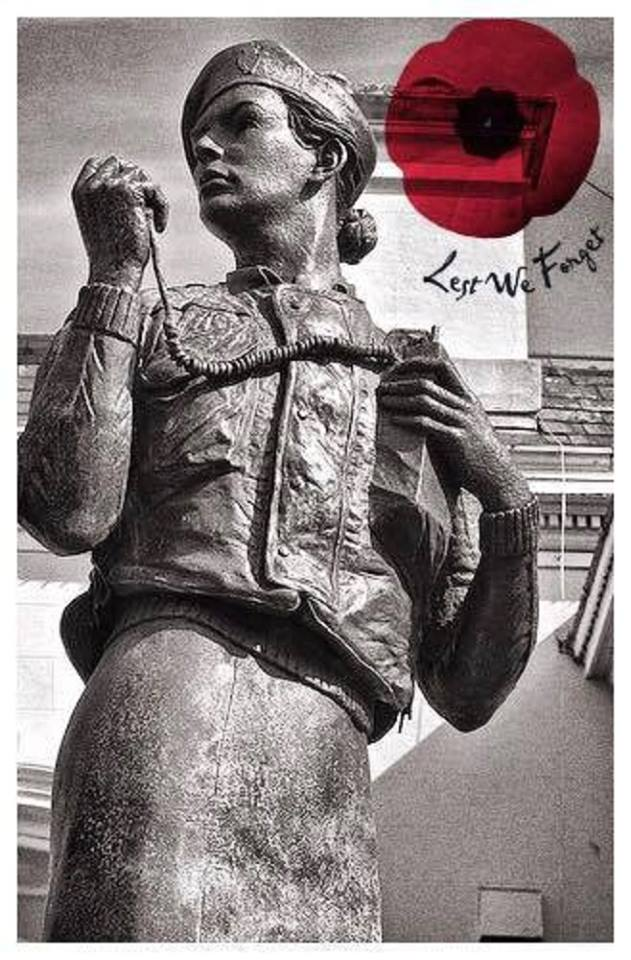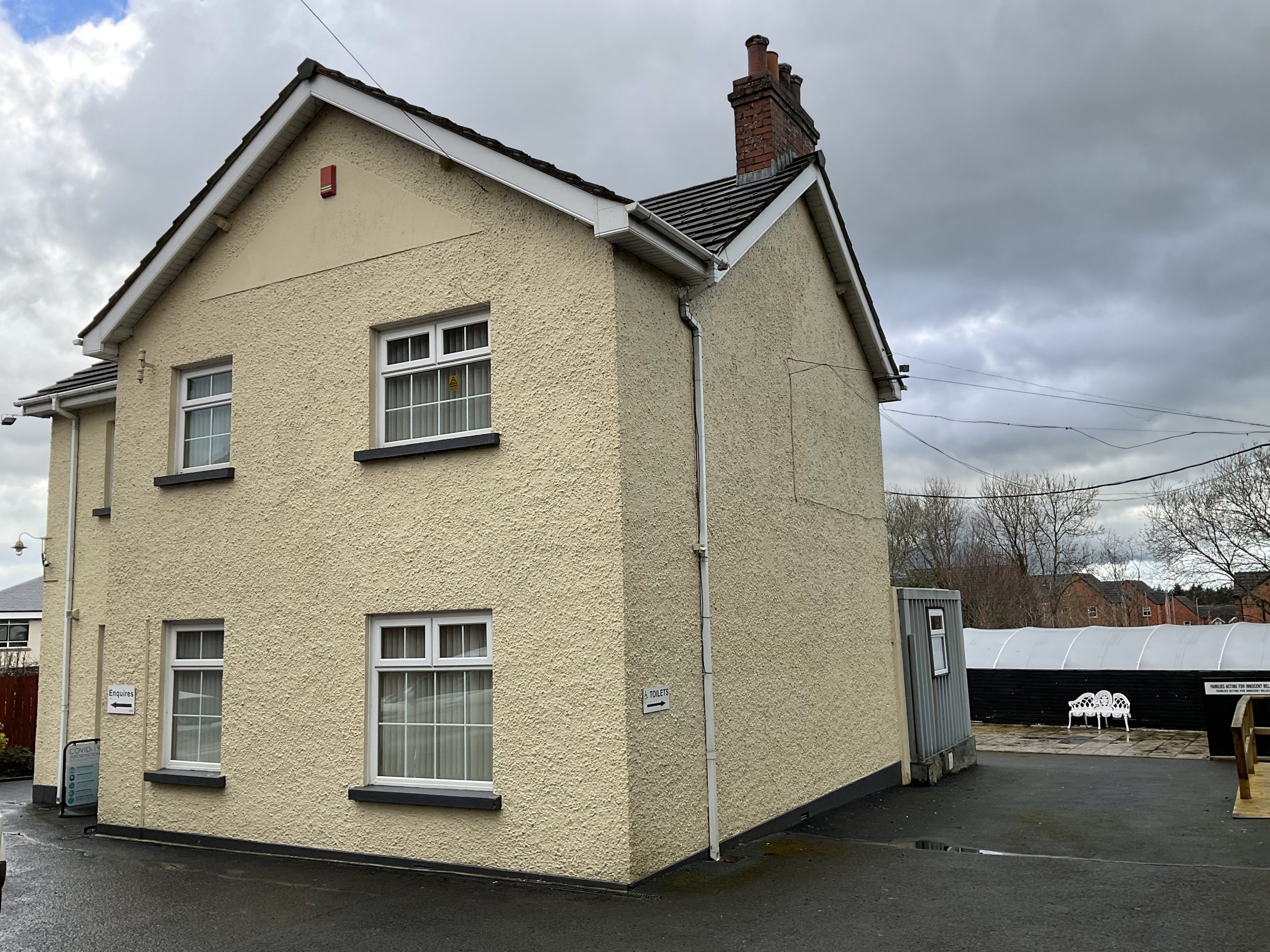FUTURE
Forming a fair future for victims based on their needs and rights
Welcome to a FAIR Future
While we are a group which was formed to help people who were bereaved injured and traumatised by events in the past our main aim is to look to and prepare for the future. That means dealing with the past in a fair and just way, it means ensuring that future generations are reminded of and warned about the futility and tragedy of terrorism and it requires action to meet the needs of victims.
The key to much of what we do is knowing what our members want and need. As a group formed by victims for victims that has always been our key strength. Over the years that strong victims centred approach has been underpinned by solid research and policy development.
We listen to victims and then we record and analyse what we hear as see. This research is then used to help us develop policies, programmes and projects to meet the expressed needs and demands of victims. Finally we advocate and act to ensure that their issues are placed on the agendas of politicians and policy makers.
Our support services focus on studying and understanding the experiences, needs, and impacts of individuals and communities affected by acts of terrorism. These services play a crucial role in generating knowledge, informing policies, and improving support systems for victims.
The primary goal of victims of terrorism research services is to gather data and evidence to better understand the various dimensions of victimisation resulting from terrorism. Researchers may conduct surveys, interviews, focus groups, or analyse existing data to explore the physical, psychological, social, and economic consequences of terrorism on individuals and communities.
For many victims the lack of information and recognition of the events they experienced is the most painful aspect of their victimhood. They feel forgotten and left behind. Few have ever seen justice and many have veneer even had a proper inquest and have been denied even the basic facts around their loss. For those who were children when a parent was murdered they cannot remember the events which impacted on the rest of their lives.
Truth and Justice remains priorities for victims and that begins with information which must be made available to them. That requires investment in research and investigative work since many victims believe they have been filed by the police and criminal justice system.
Research services have also become important as victims tell their stories. The rich oral history and the therapeutic benefit of talking about these events are an important aspect of our work. Often the the close proximity in time, location and perpetrator means that these stories overlap and information from one case informs another. As victims open up and share there are new pieces of vital evidence uncovered and new investigative pathways opening.
While funding has been made available for certain organisations to pursue this type of work it still often falls to the individual victims support groups to record stories, to provide information to families, and help them navigate the difficult and often traumatic process of truth recovery and the criminal justice or inquest system.
Finally as victims grow older and time passes their needs change and often become more complex. As the statutory, policy, legislative and funding landscape around them changes their journey to recovery has to be constantly remapped and rediscovered. Here research is crucial to discover and record then articulate and plan for the evolving needs and priorities of victims. Sound research and the building of a case to support them is crucial to allow them to secure the help, services and support they are entitled to. Research supports advocacy, service development and the ongoing struggle to secure funding.

Building a FAIR Future
Follow Our Work as we Plan for the Future
Setting a FAIR Agenda
FAIR was formed to give victims a voice and to act on their behalf at a time when they were being excluded. Despite countless government initiatives, policies and pieces of legislation very little has changed for victims. If we are to meet the real needs of real victims we must make and state our own case, and develop our own policies and programmes.
Policy development involves the creation and implementation of policies and strategies aimed at providing support, assistance, and justice to individuals and communities impacted by acts of terrorism. These services should be offered by government agencies, non-profit organisations, and international bodies that specialise in addressing the needs of victims and survivors of terrorism, however they rarely are. The cost, political implications, competing priorities and cultural preferences all mean that victims issues are relegated or simply rejected. The ongoing attempts to deny justice under the guise of ‘dealing with the past’ or to control victims groups through the denial of funding are two very obvious examples of this anti-victims agenda.
In order to protect victims from political expediency or from funding cuts we must fight out own corner and frame our case for support in language and terms policy makers, legislators and funders understand. We must articulate these to the media and with public making a case for a FAIR future.
Here are some key aspects of victims policy development services:
1. Policy Formulation: These services involve the development and formulation of policies that outline the rights, entitlements, and support mechanisms for victims of terrorism. Policies may cover a wide range of issues, including financial assistance, access to healthcare and mental health services, legal aid, housing support, education, employment, and social integration.
2. Legal Frameworks: Victims of terrorism policy development services often include the establishment or enhancement of legal frameworks to ensure the protection and rights of victims. This may involve the creation of legislation that recognises victims’ rights, defines legal responsibilities, and establishes mechanisms for compensation, restitution, and access to justice.
3. Stakeholder Engagement: Effective policy development services involve engaging with various stakeholders, including government agencies, law enforcement, justice systems, healthcare providers, mental health professionals, victim support organisations, community leaders, and victims themselves. Collaboration and consultation with these stakeholders help ensure that policies are comprehensive, responsive, and aligned with the needs and expectations of victims.
4. Research and Data Collection: Policy development services may involve conducting research and collecting data on the experiences, needs, and challenges faced by victims of terrorism. This research helps inform policy decisions, identify gaps in services, and evaluate the effectiveness of existing support systems. Data collection may include surveys, interviews, focus groups, and analysis of available statistics and reports.
5. Capacity Building: Victims of terrorism policy development services often include capacity-building efforts aimed at enhancing the skills and knowledge of professionals working with victims. Training programs and workshops may be conducted to educate practitioners, law enforcement, and service providers on trauma-informed care, cultural sensitivity, and best practices in supporting victims.
6. Implementation and Monitoring: Once policies are developed, effective implementation and monitoring mechanisms are put in place to ensure that the intended support and services reach victims of terrorism. Regular evaluation and feedback systems help identify areas for improvement, address emerging needs, and ensure that policies remain relevant and responsive over time.
7. International Cooperation: involves international cooperation and collaboration, particularly in cases where terrorism crosses national borders. Sharing best practices, exchanging information, and coordinating efforts with other countries and international organisations can enhance the effectiveness and reach of support services for victims. FAIR has always reached out to other victims around the world and taken the plight of victims in Northern Ireland to international audiences.
Overall, victims of terrorism policy development services play a crucial role in advocating for the rights and needs of victims, ensuring access to justice and support, and fostering community resilience in the aftermath of terrorist attacks.

